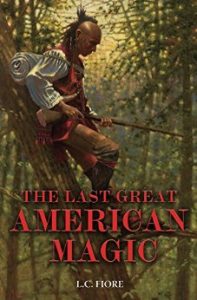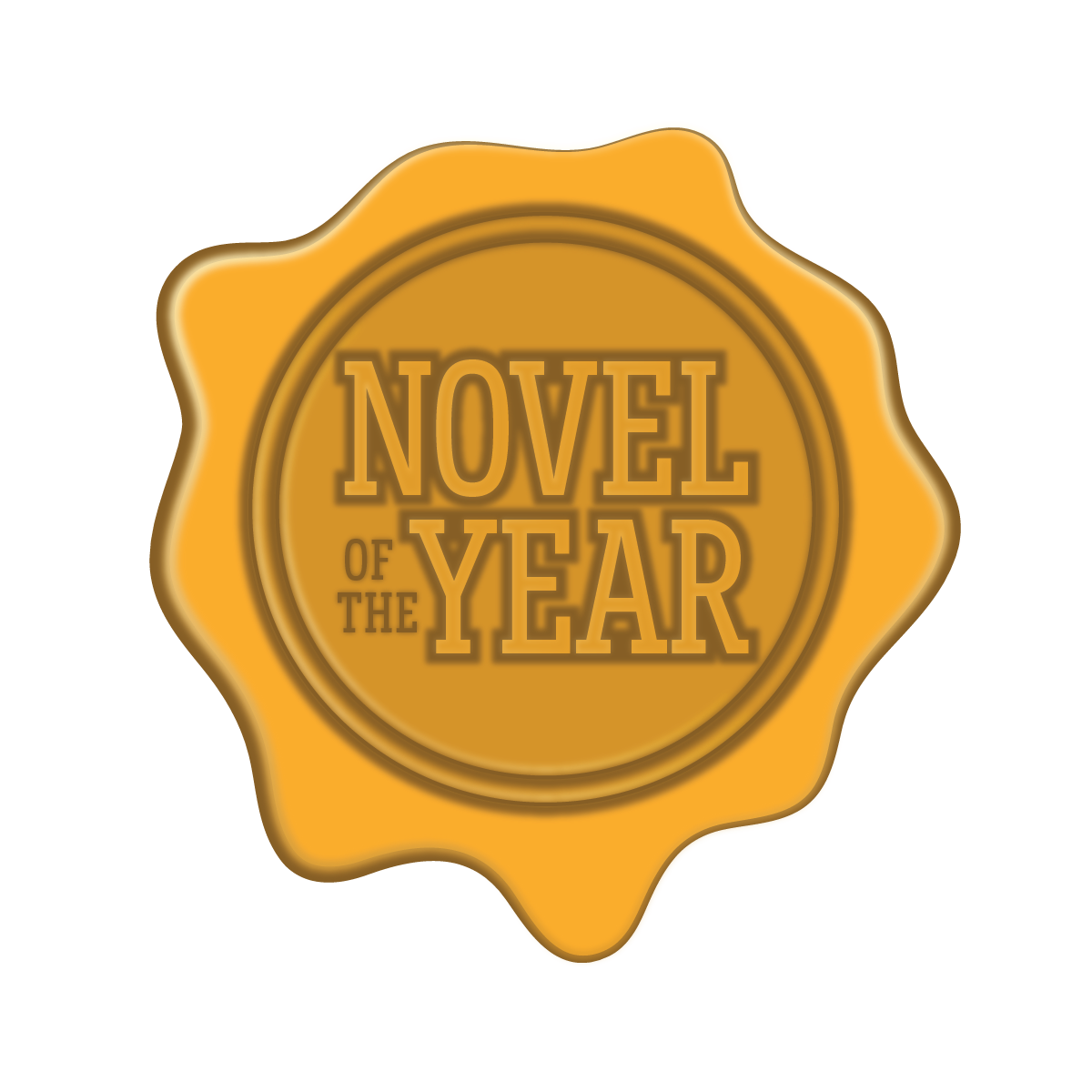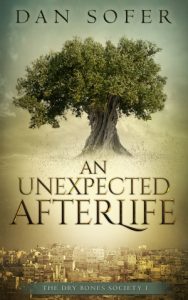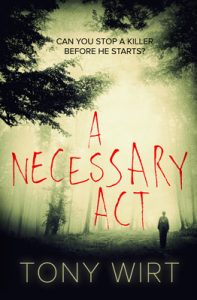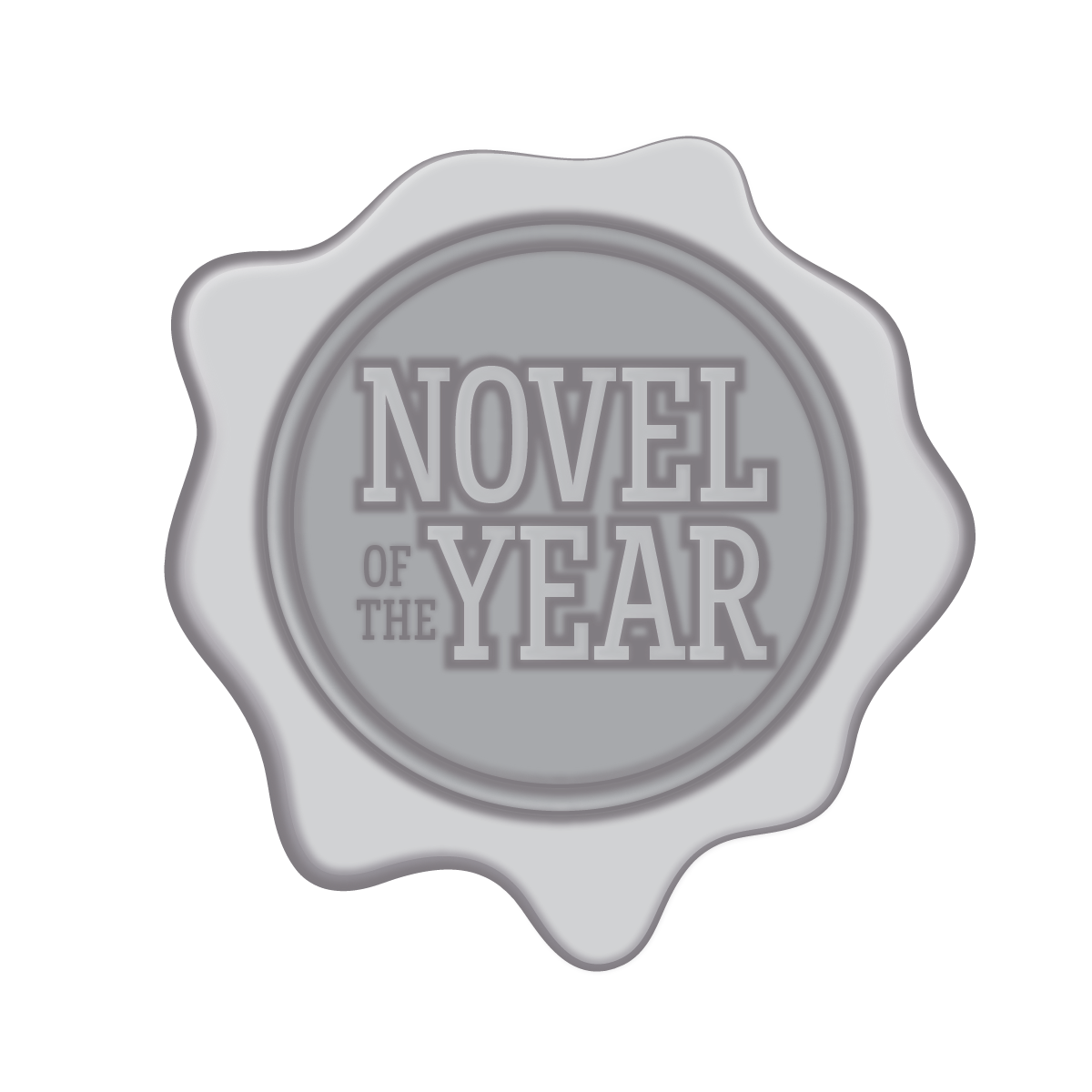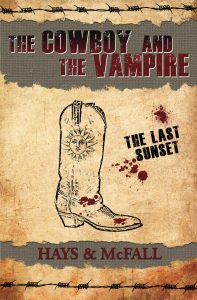The Rundown
The Recommendation
The Rating
The Links
The Reviewer
Steve Wetherell
Visit Steve Wetherell‘s website.Diversity: Opportunity, not Obligation
Thanks to the internet, social awareness and the ever shrinking hemorrhoid of ignorance, we’re reaching a stage where inclusion and diversity are very much in vogue. This is obviously a good thing, not just for consumers, but for artists too. Expanding audiences and expanding audience expectations are always an opportunity and never a crises.
The mainstream media— as unwieldy as it is powerful— is predictably slow to adapt. We’re still not, for example, seeing a Hollywood that accurately represents the great American gumbo of class, culture, sexuality and race. I’m not here to admonish anyone (just take a short trip around Tumblr to find someone enthusiastically willing to do so.) The status quo— particularly the status quo of an industry that makes the GDP of an entire country— is always going to be careful about changing what is already proven and profitable. The same is true for the established traditional publishers in the literary world.
The good news it that those of us in the indie camp are hampered by no such hesitation. While the big time players are charging rhinos, we Indies are rabbits— we’re small, we’re fast and we’re constantly reproducing. We can whip up a transgender vampire litRPG before a bunch of marketing executives can discover whether kids are still saying ’On Fleek’ or not. (They’re not.)
Now, I know what you’re thinking; “Won’t somebody think of the straight white guys?” Well, it’s not as dumb a question as I just made it out to be. We’re living in a time where the assumptions of “normality” have never been so challenged. Globalisation means that we can no longer take for granted that our values— be they national, religious, gender or race related— are some kind of baseline standard. This is fresh territory for the comfortably western white dude, and it comes with fresh opportunities.
(So…uh…yeah. To clarify; I am a straight white man writing an article about inclusiveness and diversity and aiming it almost entirely at straight white men. Bear with me…)
The keyword here is ‘opportunities’. If you want your work to be more inclusive, that’s great. You’ll certainly find people that appreciate it. Do you usually write straight protagonists? Try writing your hero as gay. Maybe it’ll work out for you, maybe not. You might find that your story takes on a whole new tone and direction, or you might find it makes very little difference at all. At the very least, though, you’ll be stretching yourself as a writer and forcing yourself to explore new territory. If a writer can’t try and place themselves in a head a little different than their own, then who can?
Steady on though, fellow whitey, because you’re going to run into some roadblocks— namely words like “appropriation” and “pandering”. Essentially, people are going to assume that you’re taking advantage of their identity to sell books. To which my reply is… so what?
Firstly, there is nothing wrong with trying to reach out to new readers, and when you scrub the makeup off, the reason you reach out to new readers is to sell more books. We can wail and lament the sullying of our pure and artistic souls later, let’s for now assume we want to be read and we want to sell books.
Secondly, let’s assume that trying to understand the viewpoint of people who are not like us is probably the healthiest thing a writer can do. Unquestionably. Hell, maybe it’s the healthiest thing that anyone can do. I’m not saying that a white American is as automatically qualified to write about the realities of racism in America as a black American. He’s not. His relationship to the context is fundamentally different. Does that mean that he shouldn’t try? Of course not. Stephen King once said that he was discouraged against writing about a holocaust camp by a Jewish friend, but decided to forge ahead anyway. I’ll leave it to you to read Apt Pupil and decide if the world’s foremost horror writer is equipped to write about the world’s foremost horror.
Still, there are worries. In niche genres that have traditionally existed outside of a mainstream dominated by straight white people, natives will naturally worry about clunky new feet stepping on delicate grounds. As a broad example, consider erotica, where “I bet this was written by a man” is a kind of go-to put down for a book that doesn’t resonate with the core audience. I understand these kinds of reactions, but I don't think any writer should be put off by them. Even if I believed that audiences can really tell the difference between a male and female writer, I don’t think any genre or subject should be off limits to anyone. After all, you can’t have diversity without inclusion, and inclusion is a gate that has to swing both ways.
What I’m saying is, I guess, that so long as you’re forearmed with a measure of respect, empathy and an open mind, I don’t see why branching out to unfamiliar cultures should be a problem for anyone.
…If that’s what you want to do.
Remember, it’s an opportunity and not an obligation, and if you feel most comfortable as a straight white male writing from the POV of a straight white male, don’t let anyone make you feel bad about it. As I’ve said before, each writer’s unique gift is their own experiences and perspective, and there’s nothing wrong with staying true to that if you want to. We all have a voice, and we all have a platform, and no one of us should be looking to deprive another. Now, in this industry, perhaps more so than other creative industries, their truly is enough room for all of us.




